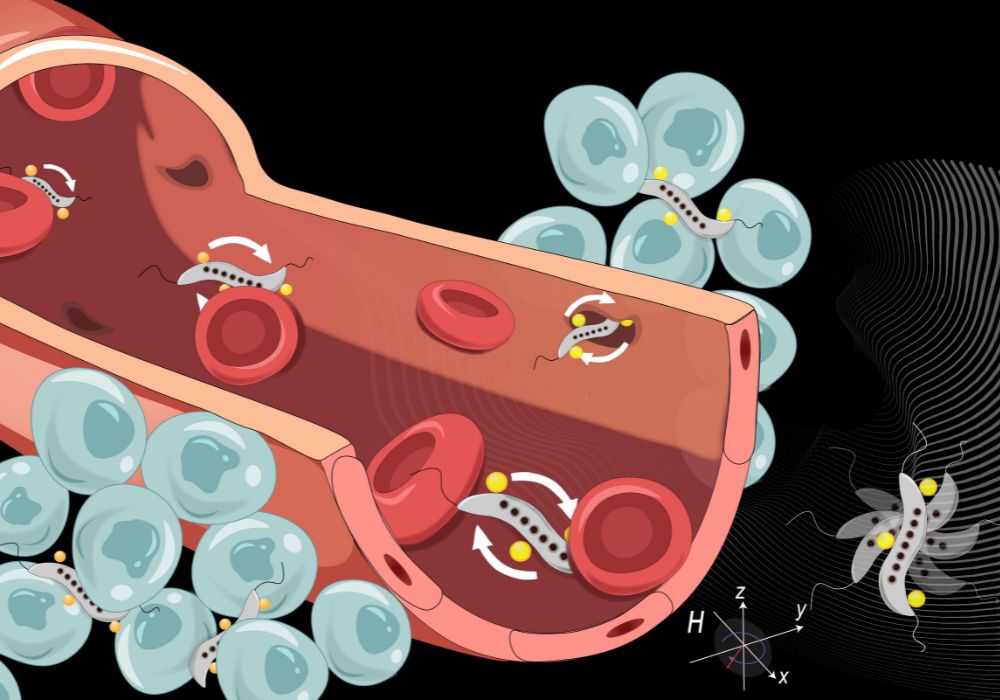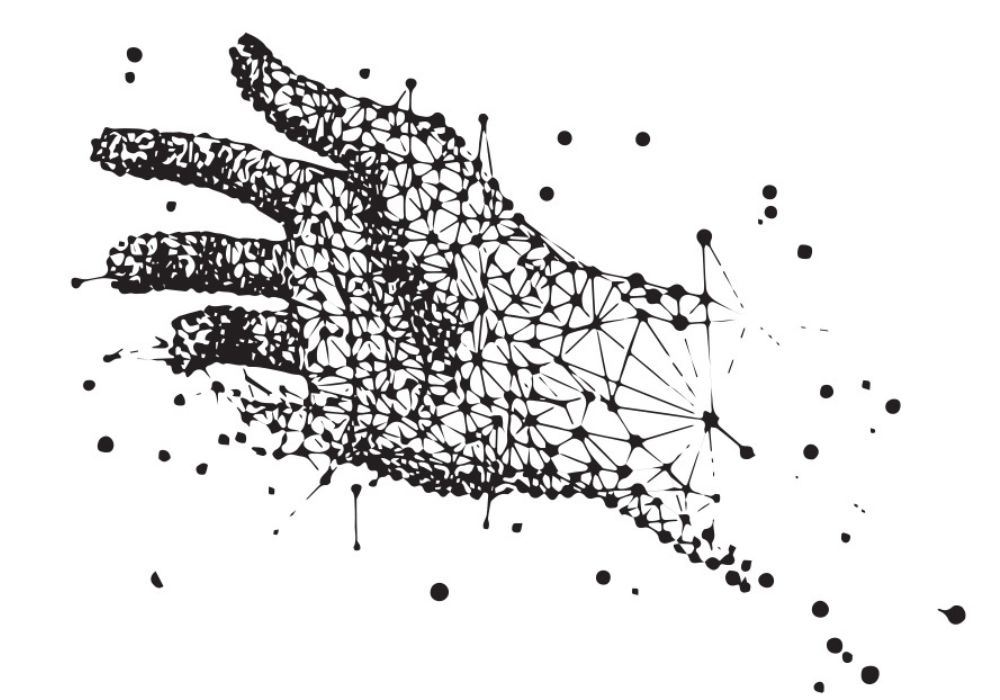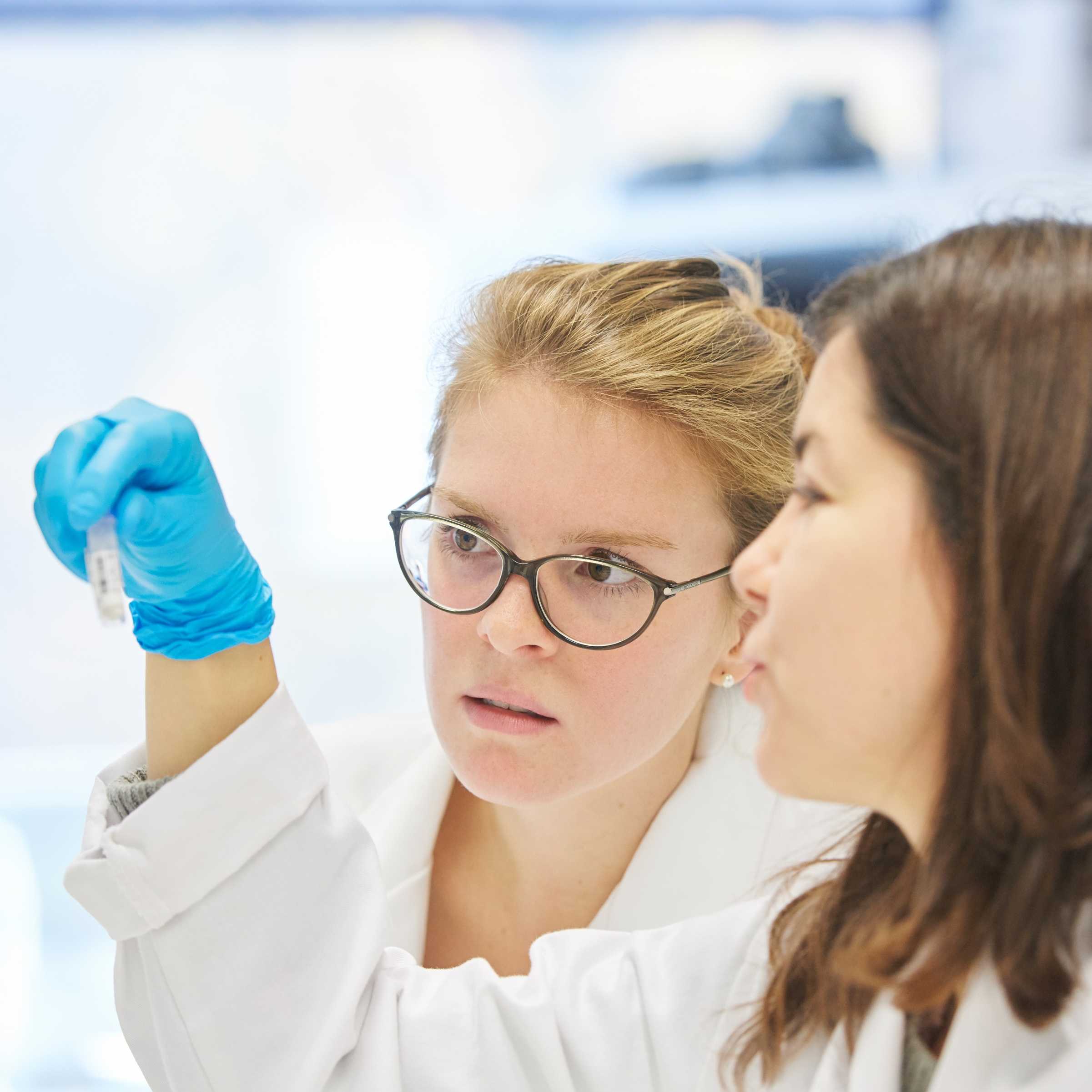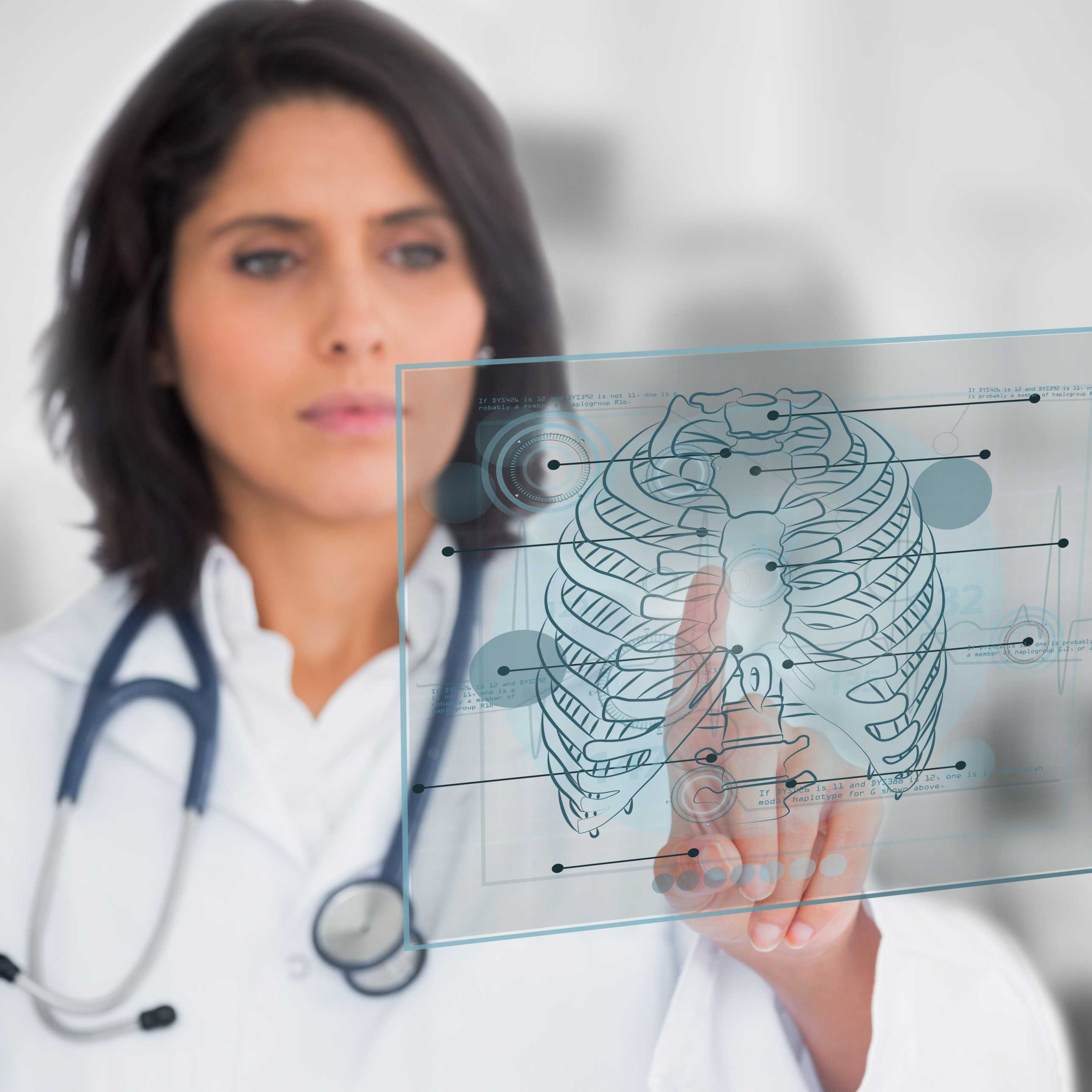Goal 3: Good Health and Well-Being
Ensure healthy lives and promote well-being for all at all ages
Despite significant improvement in global health, for example in the fight against diseases such as AIDS, tuberculosis and malaria, results have failed to meet expectations in many areas, such as reducing child and maternal mortality. Health problems need to be viewed in context, not in isolation. Education and food security influence the effectiveness of healthcare programmes. Goal 3 includes efforts with regard to child and maternal mortality as well as communicable diseases such as AIDS, malaria and tuberculosis, while also including provisions on combating non-communicable diseases such as diabetes and preventing traffic accidents and narcotics abuse. All people should have access to good-quality healthcare and medicines, including financial risk protection. Another objective for 2030 is to ensure universal access to sexual and reproductive healthcare, including family planning, information and education.
Source: www.eda.admin.ch/agenda2030 (edited)
Contributions of ETH Zurich (examples)
Within the framework of its core areas of research, education, campus and dialog with society, ETH Zurich contributes to Goal 3, for example, by the following activities:
Safe sanitation for a healthy life

Thanks to the Global Health Engineering Group, innovative research is driving a global movement to ensure safe sanitation for all. Recognizing the critical link between clean sanitation, safe water services, and overall health, the research aims to tackle the inhumane conditions that millions face daily. There's a significant focus on utilizing simple technologies to enhance environmental quality. The challenge lies in making these technologies economically viable and politically appealing. With Europe's history showcasing the pivotal role of safe sanitation, there's a pressing need to provide the world with similar ecosystem services. A sustainable future in this domain requires a holistic approach, integrating diverse disciplines, expertise, and ensuring open access to research data, emphasizing the interconnectedness of systems and health. Read more here.
Practising medicine at the nano-scale

The Responsive Biomedical Systems Lab is diving deep into the revolutionary realm of nanotechnology, aiming to reshape the landscape of medicine. Their research focuses on the development of micro-nano-scale robots designed for precise functions within the human body. These microrobots, including microspheres, can navigate through the bloodstream upon administration, targeting specific areas like tumors for disease detection or drug delivery. This innovation not only enables a profound understanding of cellular mechanics but also promises advancements in medical diagnosis. By facilitating earlier and more precise disease detection, coupled with targeted drug delivery, the research paves the way for medications that can be administered more efficiently, optimizing treatment outcomes and patient care. Read more here.
Looking out for meaningful progress in digital health

At the Institute of Translational Medicine, groundbreaking research in digital health is underway, delving deep into the nexus of medical technology, bioethics, and society. While the rapid advancements in technology offer immense potential for healthcare, they simultaneously pose intricate ethical challenges, testing societal values and norms. The core of this research is to comprehend and frame these ethical complexities, ensuring that the deployment of digital health technology benefits society holistically. The pace of tech development often outstrips ethical contemplation, making it essential to establish governance structures for responsible and inclusive deployment. As the world leans heavily on tech, the emphasis is on collective vigilance and engagement, urging everyone to participate in discussions, critically assess the technology, and be accountable for its usage. The envisioned future pivots on harmonizing technological progression with ethical and societal considerations. Read more here.
Research for Better Health
ETH Zurich contributes significantly to the research into diseases and to developing vaccines and medication against communicable and non-communicable diseases, especially in the Department of Health Sciences and Technology (D-HEST) as well as through Life Science Zurich (external page LSZ), a joint initiative with the University of Zurich.
Fighting Infectious Diseases Sustainably
Professor Jörg Utzinger, ETH-NADEL graduate and Director of the Swiss Tropical and Public Health Institute, gives insight into the topic “external page Covid-19, Afrika und One Health” (only available in German) in the podcast “1.90 per day” (only available in German) of the NADEL - Center for Development and Cooperation.
Interdisciplinary Education
The study programme in Health Sciences and Technology was introduced in 2011. This course of studies aims to convey basic knowledge on the human body. Combining natural and engineering sciences, questions ranging from cellular and molecular levels right up to the human organism as a whole are investigated.
SwissCovid App
To prevent the further spread of the coronavirus, scientists at the Swiss Federal Institute of Technology in Lausanne (external page EPFL) and ETH Zurich have developed the SwissCovid App, which has been commissioned by the federal government. The app is designed to help effectively break the chains of infection. Within just three weeks, the app has been downloaded two million times.
Lived Sustainability on Campus
Workplace Health
Human Resources offer employees services in the area of health promotion. Information and services are provided to help maintain and boost the health and performance of members of ETH Zurich.

